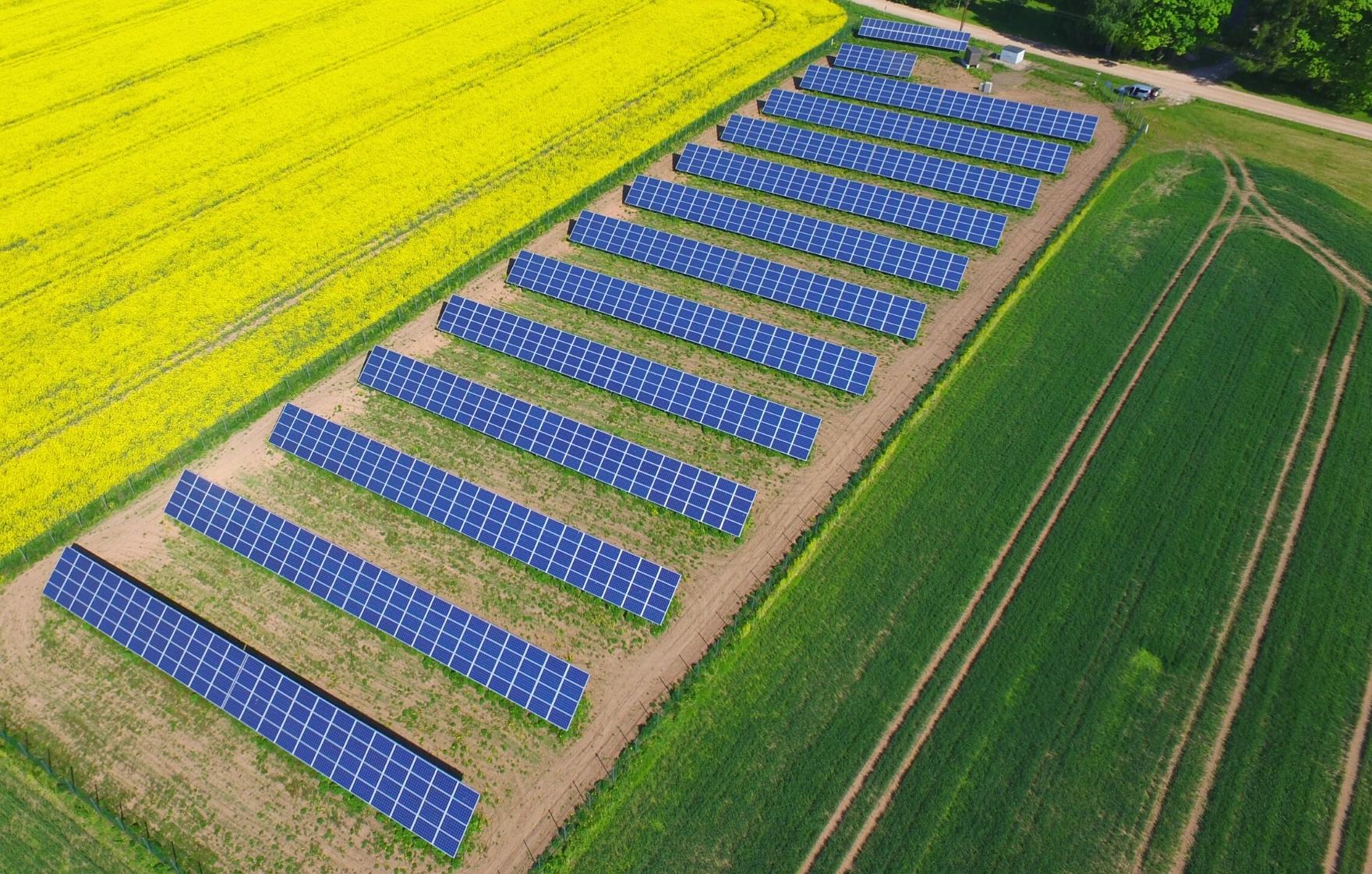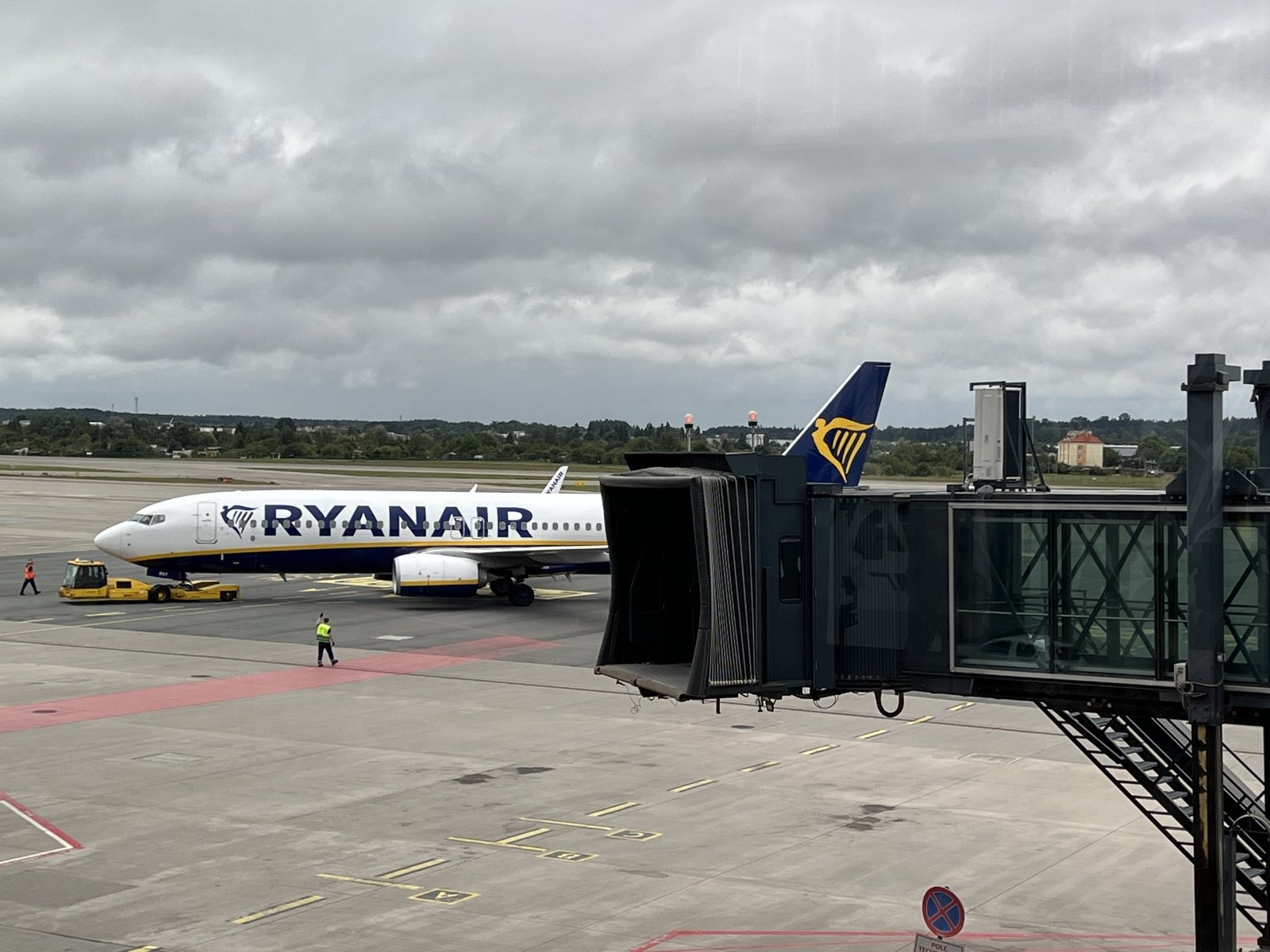US media: Lithuania is a place to check the allies of NATO and EU commitments
The analysis of The Wall Street Journal notes that Lithuania, a small Baltic state with 2.8 million. population, but a major fighter for democracy and human rights, has found itself in the sights of Russia and China. That would not be much news, if not an important moment: these conflicts are testing the commitments of the United States and the European Union to their allies.
The WSJ notes that Russian President Vladimir Putin is raising tensions around Lithuania in an attempt to absorb neighboring Belarus and militarize the Kaliningrad enclave. Chinese leader Xi Jinping is campaigning for political and economic revenge.
The integration of the Baltic States into the North Atlantic Treaty Organization (NATO) and the EU in 2004 was an important political achievement after the end of the Cold War. Lithuania has helped lead the EU’s response to the rage of Belarusian dictator Aliaksandr Lukashenko by holding the opposition leader and taking the principled position that negotiations with dictators are not possible.
This is the latest case in which Vilnius has irritated Putin, who wants to bring Russia’s “near abroad” back into its sphere of influence. When Putin begins to fantasize that Lithuania is at the forefront of Russia’s historical insecurity, it simply means that it ranks high on the list of neighboring states it wants to control.
Lithuania has aroused China’s anger at the decision to leave the 17 + 1 format – the system of communication with Europe created by Beijing, and at allowing the Taiwanese government to open a representative office in Vilnius. Beijing has announced a ban on the import of goods into Lithuania or products with Lithuanian-made parts. Such a move is detrimental to European companies with factories or supply chain sources in Lithuania. In Germany, the automotive parts supplier Coninental is the latest example of an international company being shut down by the Chinese press in Lithuania.
As Vilnius feels the power of Russia and China in full force, the credibility of the United States and Europe as a guarantor of the allies has hung on its hair.
According to the WSJ, the question arises as to how closely Russia and China will be willing or able to cooperate. For China and Russia, the best scenario would be when the EU does not support Lithuania and the EU is looking elsewhere for the details companies need for goods supplied to the Chinese market. Meanwhile, Putin is perhaps indirectly encroaching on Lithuanian territory, sovereignty or independence – under the guise of the need to ensure the security of the Kaliningrad enclave – and is not receiving an effective response from the United States, Europe and NATO.
Xi Jinping knows that if he and Putin successfully tear Vilnius away from NATO in the EU, there would be immediate consequences for Asia, where China wants to oust the United States and create regional hegemony. Most military strategies see Taiwan as China’s very first target in the face of confrontation, and thus a major test of US determination. However, an undeclared war or other actions of the “gray zone” against Lithuania may have advantages for both dictators.
If the US and Europe fail to fully support Lithuania, America’s allies and partners in Asia will question US commitments. Instead of working closely with Washington, they might become friendly to China. In this way, the battle for Taiwan would be won in Lithuania.
Military strategists would also admire Xi Jinping’s ability to force Putin to do all the black work and test the depth of U.S. commitments to its allies in Asia. This surrogate agreement has two advantages. First, most of the risk, such as sanctions, would fall on Putin. Second, it would strengthen the strategic partnership between China and Russia, with Putin’s role as Russia’s younger partner alongside much more powerful China.
Following Russia’s annexation of Crimea in 2014, NATO deployed four multinational battalion-sized battlegroups in the Baltic States and Poland as part of a so-called enhanced front-line mission. For its part, the EU is considering trade measures to protect member states from economic attacks after China’s boycott of China. These steps are right, but they are not enough to stop such determined enemies as Putin and Xi Jinping.
The West often relies on outdated policies, the WSJ said. In response to China’s boycott of Lithuania, Brussels believes it is best to look for the World Trade Organization (WTO). In military matters, the Battalion of the Front Forces Battalion is a rotating rather than a permanent NATO force of limited size and power. Neither the WTO nor the battalion of the front forces is enough to guarantee Lithuania’s independence.
Lithuanian Foreign Affairs Gabrielius Landsbergis recently described his country as a “canary in a coal mine”, in other words, as a place where alarm bells will ring first. America’s allies and partners around the world will first figure out the U.S.’s commitment to its chosen path. As Vilnius feels the power of Russia and China in full force, the credibility of the United States and Europe as a guarantor of the allies has hung on its hair. To succumb to the pressure of this power would be to the detriment of Lithuania and the reputation of the democratic Western world, according to an analysis by Todd Lindberg and Peter Rough, senior researchers at the Hudson Institute, published by WSJ.




